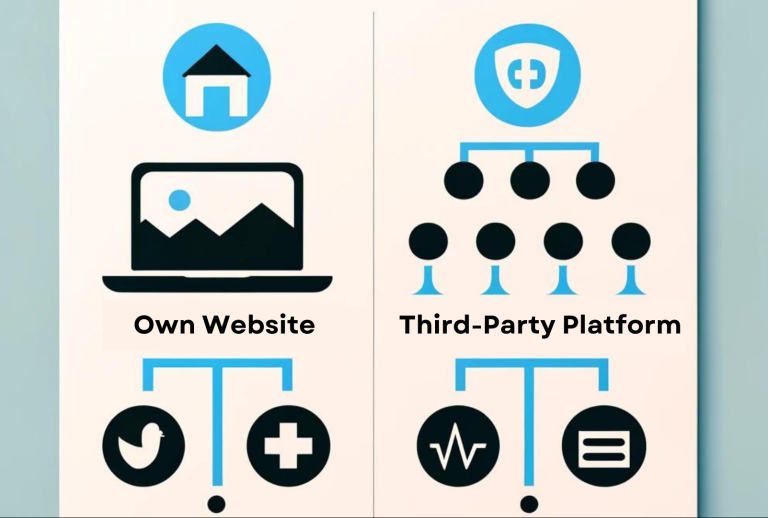The Vital Role of Continuing Medical Education
For pharmaceutical companies, investing in CME initiatives is not only a regulatory requirement but also a strategic imperative. CME plays a crucial role in advancing medical knowledge, improving patient care, and fostering collaborative relationships with healthcare professionals (HCPs). Let’s delve into the significance of CME for pharmaceutical companies and its far-reaching impact on healthcare outcomes.
Advancing Medical Knowledge and Best Practices
CME serves as a cornerstone for lifelong learning and professional development among healthcare professionals. By offering accredited educational programs, pharmaceutical companies contribute to the dissemination of cutting-edge research, clinical guidelines, and best practices in patient care. These initiatives empower HCPs to stay abreast of the latest advancements in their respective fields, enhancing their clinical expertise and decision-making capabilities.
Driving Evidence-Based Medicine
In an era characterized by data-driven healthcare, evidence-based medicine (EBM) is paramount for delivering optimal patient outcomes. CME programs sponsored by pharmaceutical companies play a pivotal role in promoting EBM principles by providing HCPs with access to high-quality, peer-reviewed scientific content. By facilitating critical appraisal of clinical evidence and guidelines, CME empowers HCPs to make informed treatment decisions based on the best available evidence.
Fostering Collaborative Partnerships
Collaboration between pharmaceutical companies and healthcare professionals is essential for driving innovation and advancing patient care. CME initiatives offer a platform for fostering collaborative partnerships between industry experts, academic institutions, and practicing clinicians. Through symposia, workshops, and scientific conferences, pharmaceutical companies facilitate knowledge exchange, networking, and interdisciplinary collaboration among stakeholders.
Addressing Unmet Educational Needs
CME programs sponsored by pharmaceutical companies often focus on addressing unmet educational needs and therapeutic gaps in clinical practice. By identifying areas of educational need through needs assessments and gap analyses, pharmaceutical companies tailor CME initiatives to meet the specific learning objectives and preferences of HCPs. These targeted educational interventions contribute to closing knowledge gaps and improving patient outcomes in areas of unmet medical need.
Enhancing Patient Safety and Quality of Care
CME plays a pivotal role in enhancing patient safety and quality of care by promoting adherence to evidence-based guidelines and clinical standards. Through educational interventions focused on risk mitigation, adverse event reporting, and pharmacovigilance, pharmaceutical companies empower HCPs to identify, prevent, and manage medication-related errors and adverse drug reactions. By prioritizing patient safety and quality improvement, CME initiatives contribute to overall healthcare system effectiveness and efficiency.
Continuing Medical Education (CME) is indispensable for pharmaceutical companies seeking to drive medical innovation, advance patient care, and foster collaborative partnerships with healthcare professionals (HCPs). By investing in accredited educational programs, pharmaceutical companies contribute to the dissemination of evidence-based medicine (EBM), address unmet educational needs, and enhance patient safety and quality of care. CME serves as a catalyst for lifelong learning, professional development, and knowledge exchange among HCPs, ultimately leading to improved healthcare outcomes and enhanced public health. As pharmaceutical companies continue to navigate the complex healthcare landscape, prioritizing CME initiatives remains essential for driving innovation and delivering value to patients and healthcare providers alike.






